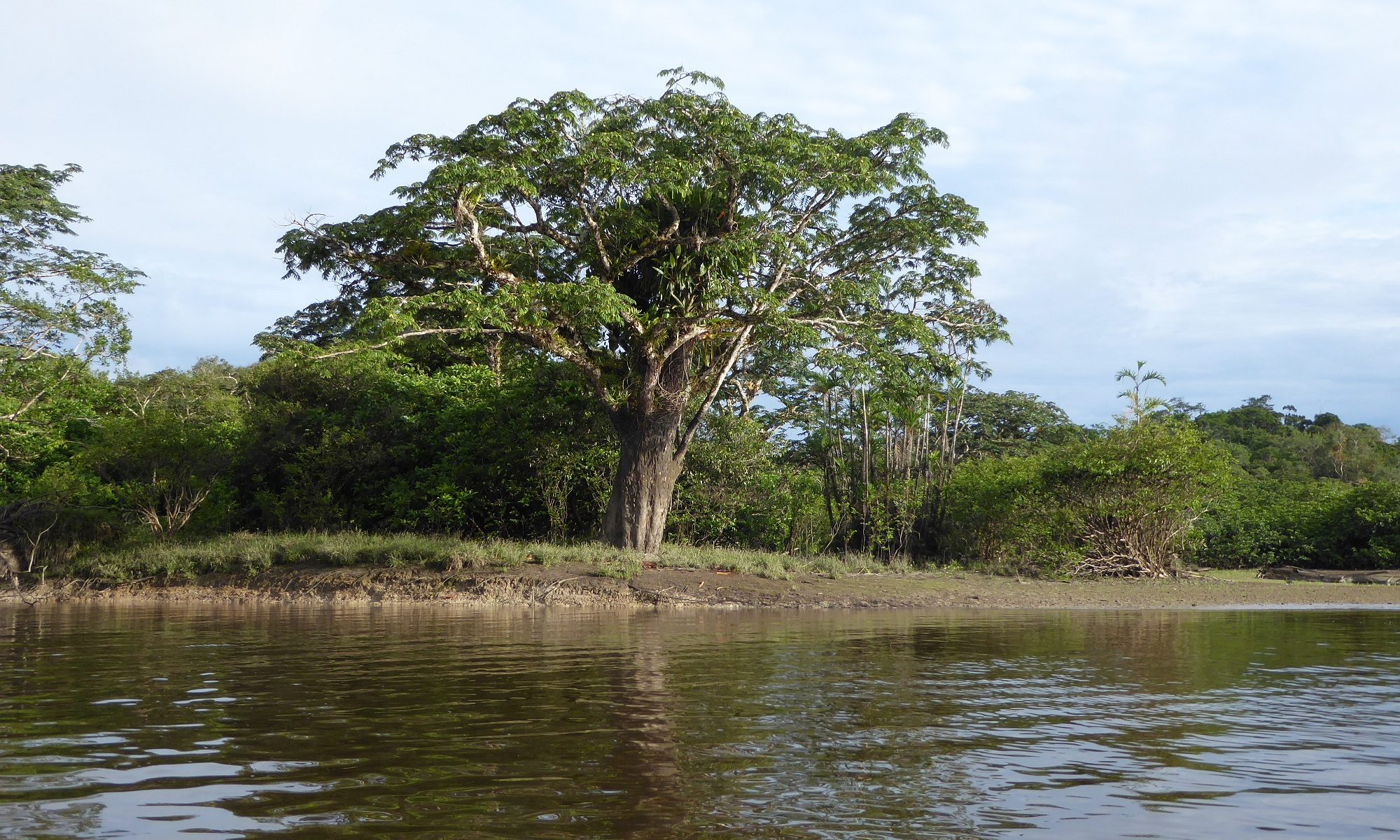The text is an excerpt from the paper that Ruth Arias (UEA) has presented at the Conference.
In her presentation at the EADI ISS Conference 2021 – Solidarity, Peace and Social Justice, Ruth Arias from the Universidad Estatal Amazonica (UEA) has spoken of the necessity of interculturality as a central axis of the Pluricultural State. However, interculturality is a challenge in Ecuador, and especially in higher education. Indigenous and Afro-descendant students access and complete their studies in alarmingly inequitable conditions (Mato, 2008). Policies to modify monocultural higher education need to address structural problems of the population they are intended to serve (Cuji, 2012). This aspect is not only related to the education sector, but is overall political.
The talk started with a video self-produced by Mariana Canelos (Student of Communication), Indira Vargas (Tourism Engineering graduate), Dixon Andi (Environmental Engineer, Laboratorio de plantas) and edited by Mario Rodríguez Dávila y Diego Lucero Rivas. The three UEA students and graduates, from the kichwa nationality, have presented their point of view on interculturality in higher education.
In her talk, Ruth Arias presented the issue of ethnic self-identification in the enrollment of students at the UEA. This university serves students especially coming from the Amazonian region of Ecuador, but only 14.64% self-identify as indigenous. At the time of accessing the university, students may hide their identity for fear of social prejudice. UEA, through various activities, has supported the creation of supporting groups and critical discussions, to accompany students from diverse origins in their academic pathways and to prevent discrimination. The principles of quality that UEA follows comply with the standards of equity set by the national Secretariat for Higher Education (Senescyt), on the basis of a Plan de Igualdad de la Universidad Estatal Amazonica that considered four target sections: gender, interculturality, disability, and socioeconomic status (Arias and Marín, 2018). However, while the areas of research, public engagement and management have been progressing, the pedagogical curricula are still far from interculturalization and need more efforts.
